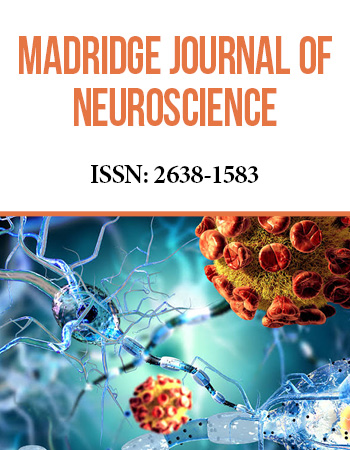International Neurology Conference
December 3-4, 2018 Valencia, Spain
Study of Limb Girdle Muscular Dystrophy Type 2c in of Eastern Uttar Pradesh Population of India
Banaras Hindu University, India
Introduction: The sarcoglycan (SG) complex in muscle consists of at least four glycosylated transmembrane proteins: Alpha, Beta, Gamma and Delta. These proteins are part of the large dystrophin-associated glycoprotein (DAG) complex, which is essential for maintaining the link between the cytoskeleton and the extracellular matrix and muscle membrane integrity. Mutation in any of these Protein leads to Sarcoglycanopathy.
Material and Method: Patients Sample was collected from Outpatient department of Neurology and muscle biopsy was done for immunohistochemistry. Gamma sarcoglycan deficient samples are selected for genotyping. Genetic analysis was done through PCR and Sequencing. Real Time PCR was also done to detect Expression analysis of Gamma Sarcoglycan.
Result: Immunohistochemistry of muscles how myopathic pattern and deficiency for Gamma sarcoglycan Protein. In mutational analysis several synonymous and nonsynonymous variations were reported. These variations are tested through Polyphen2 and Mutation taster to determine the impact of sequence variation on protein function. Expression analysis shows reduced expression of Gamma Sarcoglycan protein.
Conclusion: These variations may be responsible for protein alteration and many variations are responsible for splice site change for Gamma sarcoglycan protein that results to muscle degeneration in affected patients. Further functional studies are necessary to demonstrate the pathogenicity of these variant.


